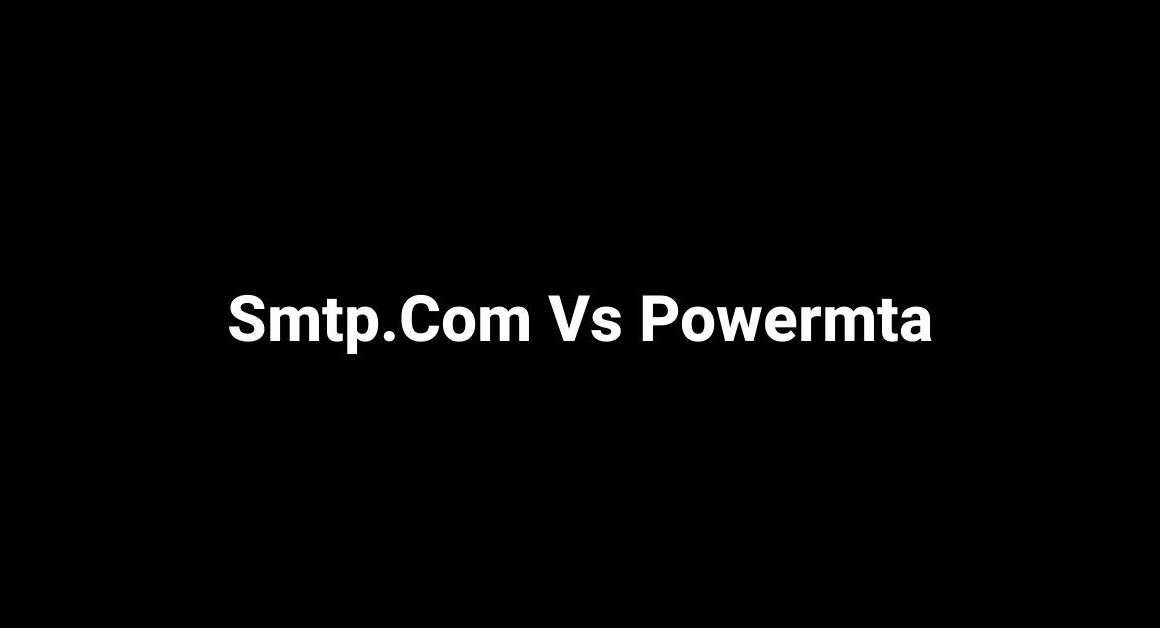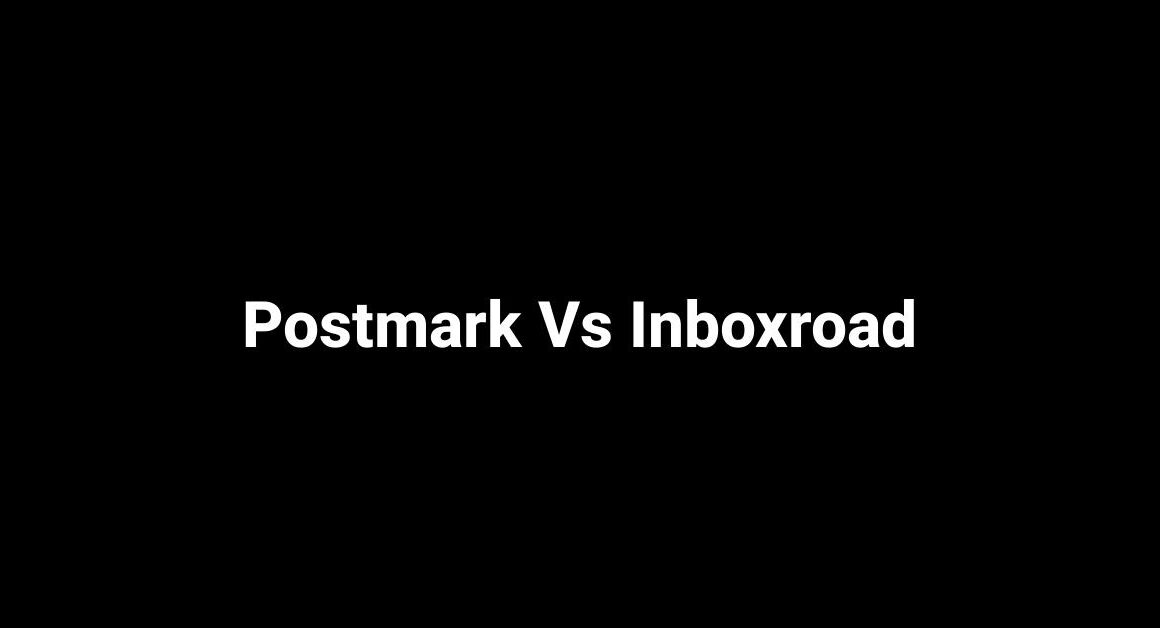Nick’s Review of Mailgun Vs Powermta
In this blog post, we will be discussing the differences between services like Mailgun and a backend script running on a dedicated IP address. The author is considering which option to choose for handling a newsletter for a system with around 15,000 users and is unsure about the hardware and environment requirements.
Before diving into the topic, it’s important to understand the context and what these services actually do. Mailgun and similar services are email delivery platforms that help businesses send, receive, and track emails. They offer features like real-time analytics, reputation monitoring, and delivery optimization to ensure that emails are successfully delivered to recipients’ inboxes. On the other hand, a backend script running on a dedicated IP address refers to a custom solution built by the author that handles email delivery independently.
The main difference between services like Mailgun and self-hosted solutions is the level of complexity and maintenance required. Mailgun and similar services are fully managed platforms, meaning that they handle all the necessary infrastructure, deliverability, and maintenance tasks for you. This can be a major advantage for businesses that don’t have the resources or expertise to manage their own email infrastructure.
In terms of performance, services like Mailgun are designed to handle large-scale email delivery and have established relationships with major email providers. This means that they have a better chance of delivering emails to recipients’ inboxes and avoiding spam folders. They also have features like bounce handling and feedback loops to help you manage your email reputation and maintain a good sender score.
On the other hand, a self-hosted solution requires more technical knowledge and maintenance. You would need to set up your own email servers, configure DNS records, monitor deliverability, and handle any issues that arise. This can be time-consuming and may require additional resources to ensure that your emails are delivered successfully.
In terms of cost, services like Mailgun typically charge based on the volume of emails sent. They offer different pricing tiers to accommodate businesses of all sizes. Self-hosted solutions may have higher upfront costs as you would need to invest in hardware and possibly hire a dedicated IT team to manage your email infrastructure. However, once set up, the ongoing costs may be lower as you would only need to pay for the server and any additional software licenses.
When considering which option to choose, it’s important to evaluate your specific needs and resources. If you have a small team and limited technical expertise, using a service like Mailgun may be the best option. It provides a reliable and user-friendly solution that takes care of all the technical aspects of email delivery. It also offers scalability, meaning that you can easily handle increasing email volumes as your business grows.
However, if you have a large team with strong technical knowledge and the resources to manage your own email infrastructure, a self-hosted solution may be a viable option. This would give you more control over your email delivery and allow you to customize the solution to meet your specific requirements. It also eliminates the reliance on a third-party service and gives you full ownership and control over your data.
In terms of hardware and environment requirements, services like Mailgun handle all the necessary infrastructure for you. They have multiple data centers and redundant systems in place to ensure high availability and reliability. With a self-hosted solution, you would need to invest in servers, storage, and networking equipment to handle the email delivery. You would also need to ensure that you have a stable internet connection and a secure environment to protect your data.
In conclusion, the choice between services like Mailgun and a backend script running on a dedicated IP address depends on your specific needs, resources, and technical expertise. Services like Mailgun offer a reliable and user-friendly solution that handles all the technical aspects of email delivery. They are scalable and provide established relationships with major email providers. However, if you have the resources and expertise to manage your own email infrastructure, a self-hosted solution may offer more control and customization options. It’s important to carefully evaluate your requirements and consider factors like cost, performance, and maintenance before making a decision.
Tina’s Review of Mailgun Vs Powermta
The text provided does not contain any relevant information or content that can be summarized. It is a collection of links and website navigation menus.
Steve’s Review of Mailgun Vs Powermta
Unfortunately, I cannot provide a summary for you as the text you provided does not contain any relevant information for me to summarize.
Rick’s Review of Mailgun Vs Powermta
The blog post discusses the use of third-party SMTP providers for email marketing. It explains that while it is possible to send emails directly from a self-hosted email platform, using an SMTP provider can offer several benefits. The article explains what SMTP is and how it is used for email delivery. It also discusses the role of SMTP providers in ensuring email deliverability and improving inboxing rates.
The blog post identifies several criteria to consider when choosing an SMTP provider. These include reliability, deliverability rate, scalability, metrics tracking and reporting, budget, compliance with regulations, email authentication, ease of configuration and integration, and customer support. The article emphasizes the importance of selecting an SMTP provider that aligns with the business’s specific needs and goals.
Furthermore, the blog post provides a list of recommended SMTP providers along with their features and pricing plans. The providers mentioned include Mailgun, Inboxroad, Mailtrap, SocketLabs, MessageBird/SparkPost, AWS SES, Postmark, SMTP2GO, and DuoCircle. Each provider is briefly described, highlighting their unique offerings and suitability for different types of businesses.
The blog post concludes by emphasizing the advantages of using a third-party SMTP provider and recommends integrating it with an email marketing automation platform, such as Interspire Email Marketer. This integration can help businesses improve their email marketing campaigns, enhance deliverability rates, and drive more revenue. The post also provides links to additional resources, such as tutorials, FAQs, and support, for further guidance.
Overall, the blog post provides comprehensive information on using third-party SMTP providers for email marketing, guiding readers through the selection process and highlighting reputable providers to consider.




